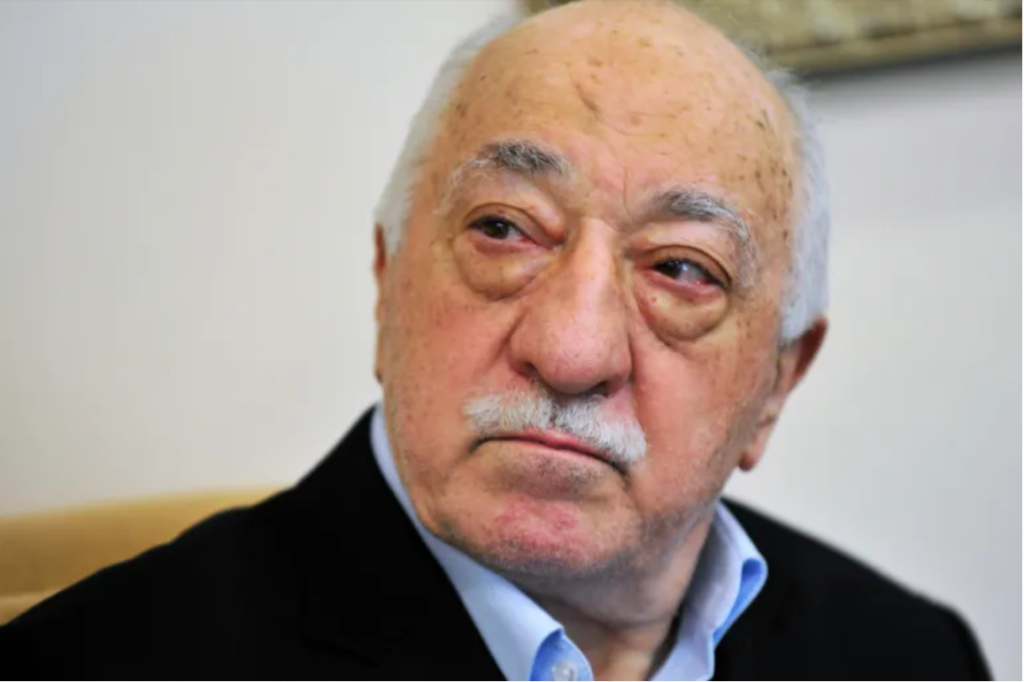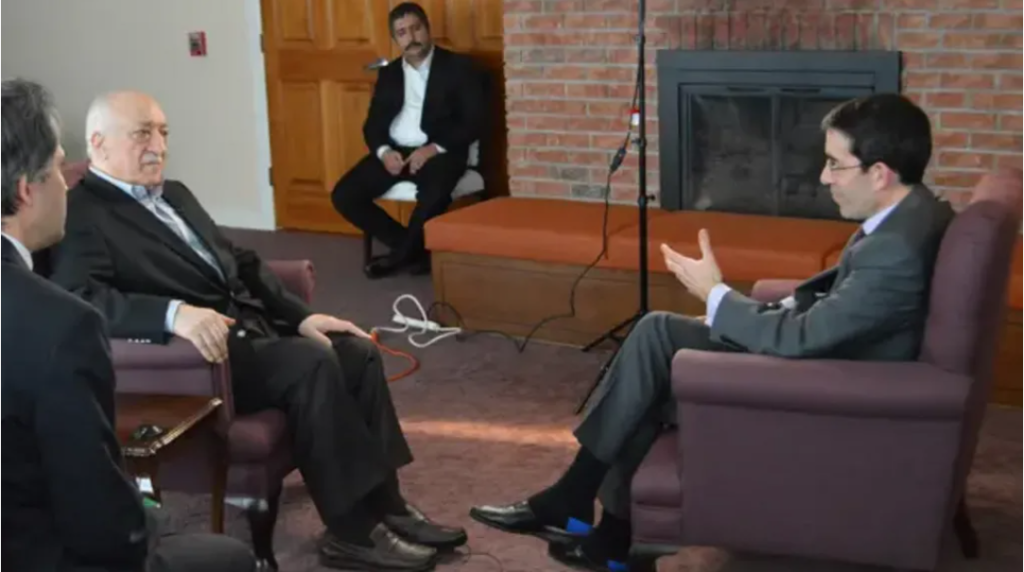The recent death of Fethullah Gülen, the exiled Turkish cleric accused of masterminding the failed coup attempt in 2016, has sent ripples through Turkish politics and society. This event marks a significant chapter in a turbulent narrative that has deeply divided Turkey for years. To understand the implications of Gülen’s passing, it’s essential to explore his background, the coup attempt, and the ongoing political ramifications.

Background on Fethullah Gülen
Fethullah Gülen was born in 1941 in Turkey’s Erzurum province. He began his career as a religious teacher and soon established a following, founding the Gülen movement—an Islamic social and educational network. Over the years, Gülen’s ideology gained traction among a diverse group of followers, including businesspeople, educators, and civil servants. His movement advocated for interfaith dialogue, education, and moderate Islam, presenting itself as a progressive force in Turkish society.
Initially, Gülen enjoyed a cordial relationship with the Turkish government, particularly under the leadership of Recep Tayyip Erdoğan and the Justice and Development Party (AKP). However, Fethullah Gulent alliance deteriorated as Gülen’s followers began to exert influence within the police and judiciary, leading to a power struggle that culminated in the 2016 coup attempt.
The 2016 Coup Attempt
On the night of July 15, 2016, factions within the Turkish military attempted to seize control of the government, resulting in violence that claimed hundreds of lives. The Fethullah Gulen coup was met with swift resistance from government loyalists and ordinary citizens, who took to the streets to defend democracy. In the aftermath, the Turkish government accused Gülen of orchestrating the coup, leading to a massive crackdown on his followers. Thousands were arrested, including journalists, academics, and civil servants, as Erdoğan’s administration sought to eliminate any perceived threats.
The coup’s failure solidified Erdoğan’s grip on power, enabling him to push through a series of sweeping reforms, including a controversial referendum that expanded presidential powers. Gülen, who was living in self-imposed exile in Pennsylvania, denied any involvement in the coup and condemned the violence. Despite his denials, the Turkish government’s narrative solidified, portraying Fethullah Gulen as a terrorist and a major enemy of the state.
Gülen’s Exile and Influence
Fethullah Gulen’s decision to live in the United States has been a source of tension between the two countries. Turkey has repeatedly requested his extradition, claiming that his movement is responsible for a wide range of societal disruptions and corruption. The U.S. has been cautious, stating that it requires substantial evidence of Gülen’s involvement in the coup before considering any extradition.
From his perch in Pennsylvania, Fethullah Gulen continued to wield influence over his followers and broader discussions on Turkish politics. His movement, which spans the globe, maintained a network of schools, businesses, and cultural institutions. Despite being labeled a terrorist organization by the Turkish government, many of his followers viewed him as a spiritual leader and a proponent of education and peace.
Reaction to Gülen’s Death
Fethullah Gulen’s death has elicited varied responses across Turkey. President Erdoğan, known for his fiery rhetoric against Gülen, has yet to issue a statement, but his administration has historically portrayed Gülen as a traitor. Many government officials might view Gülen’s passing as a symbolic victory, believing it further legitimizes their crackdown on his followers and consolidates their power.
Conversely, Gülen’s supporters are mourning a figure they regard as a martyr who faced unjust persecution. In the wake of his death, many followers may feel a renewed sense of vulnerability and fear regarding their status in Turkish society. Public sentiment surrounding Gülen is complicated; while many citizens remain critical of his movement, there are still those who remember the teachings of tolerance and education he championed.

Legacy and Impact on Turkish Politics
The implications of Gülen’s death extend beyond the immediate reactions. His passing raises questions about the future of the Gülen movement and its followers. With Gülen gone, the movement may struggle to maintain coherence and direction, especially given the extensive government crackdowns and stigmatization of its members.
Moreover, the Turkish political landscape could witness significant shifts. Erdoğan’s government has long used the narrative of Gülen as a scapegoat for its own failures and a rallying point for national unity. Without Gülen as a focal point of dissent, the government may need to redefine its opposition narratives, potentially turning its gaze toward other groups or issues.
The legacy of Gülen and the events surrounding the coup attempt will likely linger in Turkish politics for years to come. The polarization that the coup initiated continues to shape the nation’s discourse, fostering an environment of suspicion and division. As Turkey navigates the aftermath of Gülen’s death, the potential for reconciliation remains uncertain, leaving a society still grappling with the scars of betrayal and mistrust.
Conclusion
Fethullah Gülen’s death marks a significant moment in the ongoing saga of Turkish politics, a narrative filled with conflict, ideological battles, and deep societal rifts. As Turkey reflects on Gülen’s legacy, it faces crucial decisions about its future direction. Will the government continue to stifle dissent, or will there be room for dialogue and healing? Only time will tell. In this complex and evolving landscape, the memory of the 2016 coup attempt and the figures involved will continue to shape Turkey’s path forward.

Pingback: "Mystery in the Classroom: Discover the Truth"